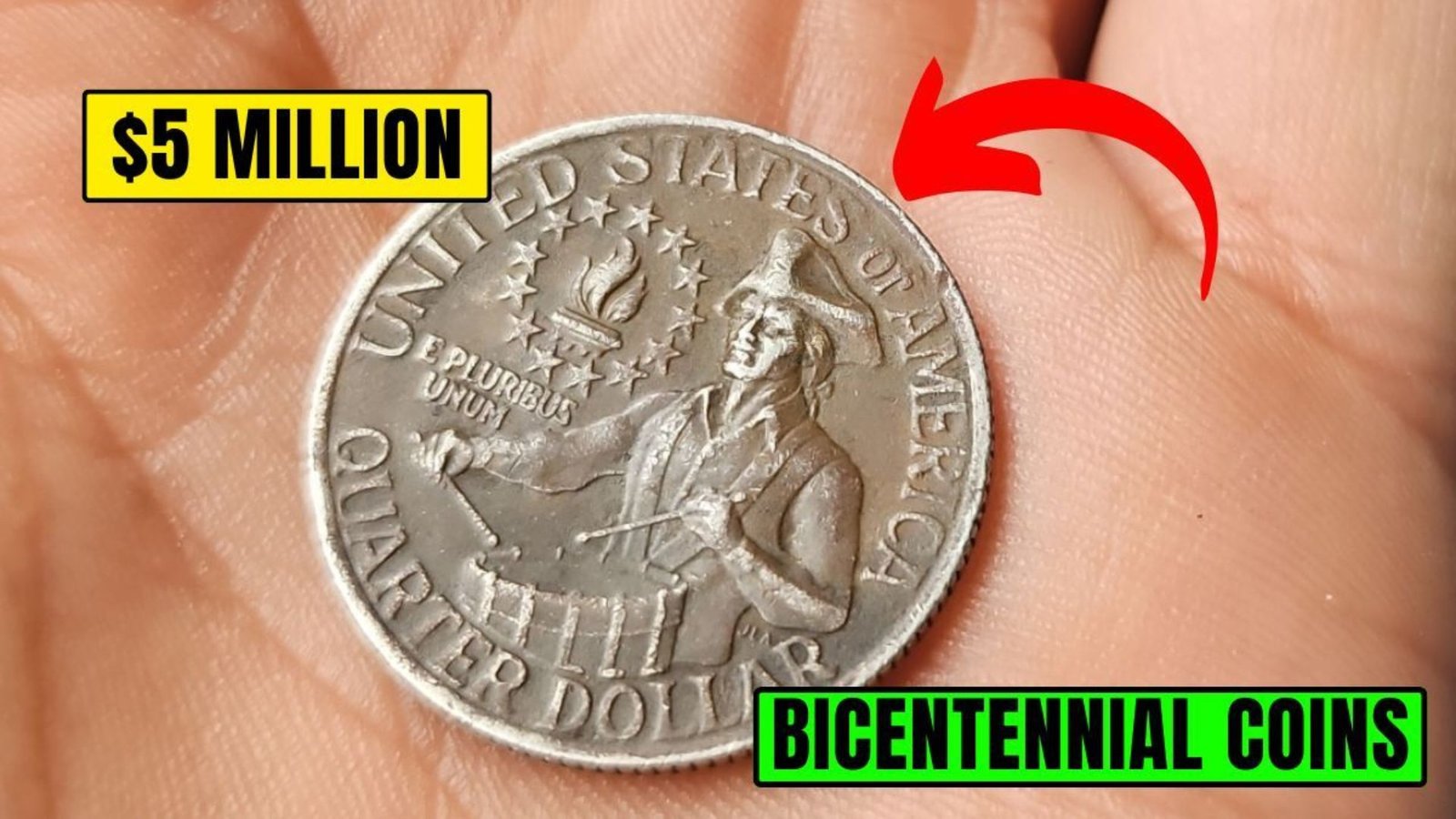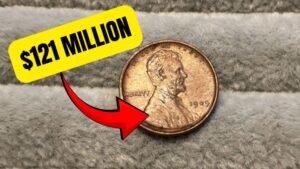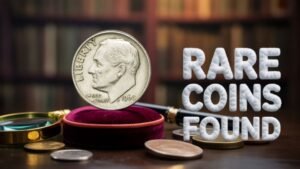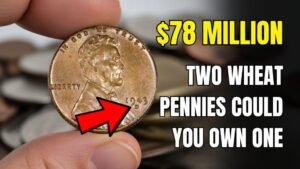Have you ever wondered if the loose change in your pocket could make you rich? The Bicentennial Quarter, minted in 1976 to celebrate America’s 200th birthday, might just hold that secret. While most of these quarters are worth only 25 cents, a few rare ones can fetch up to $5 million! In this article, we’ll dive into the three rarest Bicentennial Quarters, what makes them so valuable, and how to spot them in your change. Let’s explore this hidden treasure!
What Is a Bicentennial Quarter?
The Bicentennial Quarter was created in 1976 to mark the 200th anniversary of American independence. These quarters feature a unique design with a colonial drummer on the back and the years “1776-1976” on the front. Most were made in huge numbers, but certain rare versions stand out due to unique errors or materials, making them collector’s gold.
Why Are Some Bicentennial Quarters So Valuable?
The value of these quarters comes from rare mistakes during production or special materials used. These errors, like missing mint marks or being struck on the wrong metal, make certain coins extremely rare. Collectors are willing to pay millions for these unique pieces, especially if they’re in great condition.
The 3 Rarest Bicentennial Quarters You Need to Know
Here are the three rarest Bicentennial Quarters that could be hiding in your change:
1. The 1976-S Silver Bicentennial Quarter (Proof, 40% Silver)
This quarter was part of a special set made for collectors. Unlike regular quarters, it’s made of 40% silver, giving it a higher base value. A perfect condition (Proof 70) version sold for millions at auctions due to its rarity and flawless quality.
- Mint Mark: “S” (San Francisco Mint)
- Material: 40% silver, 60% copper
- Key Feature: Must be in pristine, uncirculated condition
- Estimated Value: Up to $5 million for top-grade coins
2. The 1976-D Bicentennial Quarter Struck on a Silver Planchet
This rare quarter was accidentally made on a silver blank instead of the usual copper-nickel mix. This error makes it incredibly valuable, as only a few exist. If you find one, it could be worth a fortune!
- Mint Mark: “D” (Denver Mint)
- Material: Silver instead of copper-nickel
- Key Feature: Silver appearance, slightly heavier weight
- Estimated Value: $1 million to $3 million
3. The No Mint Mark 1976 Bicentennial Quarter
Some quarters were minted without a mint mark due to a production error. These are extremely rare and highly sought after by collectors. Look for a quarter with no letter (like “D” or “S”) near the date.
- Mint Mark: None (Philadelphia Mint error)
- Material: Copper-nickel
- Key Feature: Missing mint mark
- Estimated Value: $500,000 to $2 million
How to Spot a Valuable Bicentennial Quarter
Finding one of these rare coins requires a keen eye. Here’s how to check your change:
- Look at the Date: Ensure it says “1776-1976.”
- Check the Mint Mark: Look for an “S,” “D,” or no mint mark near the date.
- Examine the Material: Silver quarters look shinier and may feel heavier.
- Inspect Condition: Coins in mint condition (no scratches or wear) are worth more.
- Get It Appraised: If you suspect you have a rare quarter, take it to a professional coin dealer or grading service like PCGS or NGC.
Key Details of the 3 Rarest Bicentennial Quarters
| Quarter Type | Mint Mark | Material | Key Feature | Estimated Value |
|---|---|---|---|---|
| 1976-S Silver Proof | S | 40% Silver | Pristine, uncirculated condition | Up to $5 million |
| 1976-D Struck on Silver Planchet | D | Silver | Silver appearance, heavier | $1M – $3M |
| No Mint Mark 1976 | None | Copper-Nickel | Missing mint mark | $500K – $2M |
Where to Find These Rare Bicentennial Quarters
You might already have one of these treasures! Here are the best places to look:
- Pocket Change: Check coins from your daily transactions.
- Coin Rolls: Buy rolls of quarters from banks and search through them.
- Old Coin Collections: Look through family heirlooms or old jars of coins.
- Estate Sales or Flea Markets: Older coins often show up in these places.
Tips for Selling a Rare Bicentennial Quarter
If you find a rare Bicentennial Quarter, follow these steps to get the best value:
- Don’t Clean the Coin: Cleaning can lower its value by damaging the surface.
- Get It Graded: Professional grading services like PCGS or NGC can certify its authenticity and condition.
- Contact Auction Houses: Rare coins often fetch the highest prices at specialized auctions.
- Consult a Coin Dealer: A trusted dealer can help you understand its value and connect you with buyers.
Why Collectors Love Bicentennial Quarters
These quarters aren’t just money—they’re pieces of history. The unique 1976 design, combined with rare errors, makes them a favorite among coin collectors. Their connection to America’s 200th anniversary adds sentimental value, while their rarity drives up demand.
Frequently Asked Questions
How Do I Know If My Bicentennial Quarter Is Rare?
Check for the mint mark, material, and condition. A professional appraisal is the best way to confirm rarity.
Can I Find These Quarters in Everyday Change?
Yes, it’s possible, though rare. Always inspect quarters with the “1776-1976” date closely.
What Should I Do If I Find a Rare Quarter?
Don’t clean it, and take it to a coin expert for grading and appraisal.
Start Your Treasure Hunt Today!
The next time you get change, take a second look at those Bicentennial Quarters. One of them could be worth millions! By knowing what to look for—mint marks, materials, and condition—you might uncover a hidden fortune. Start checking your pocket change, coin rolls, or old collections today, and who knows? You could be holding a $5 million treasure!




